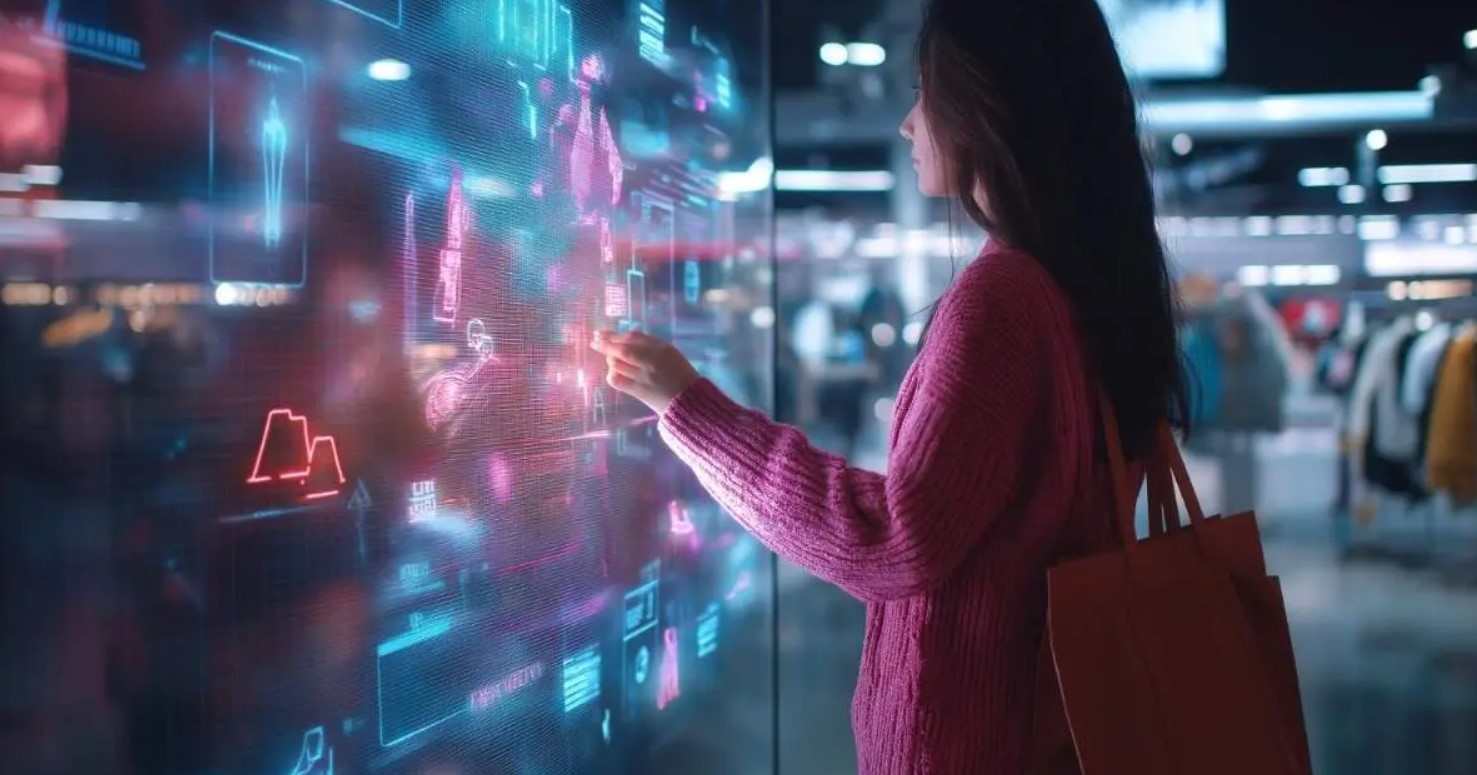As we step further into 2025, digital marketing continues to evolve rapidly, driven by technological innovation, shifting consumer behaviors, and the increasing importance of personalization. The digital landscape in 2025 is both more sophisticated and more human-centered than ever before.

1. AI and Automation: The Brain Behind Campaigns
Artificial Intelligence (AI) is no longer a buzzword — it is the backbone of modern marketing strategies. In 2025, AI powers everything from chatbots and content generation to advanced customer segmentation and predictive analytics. Marketers use AI to automate routine tasks, analyze vast amounts of data in real-time, and deliver highly personalized content at scale.
Example: AI-driven tools now suggest optimal posting times, content formats, and even emotional tones based on past user engagement.
2. Voice and Visual Search Optimization
With the widespread adoption of smart devices, voice and visual search have become essential components of SEO strategies. Consumers now expect seamless search experiences without typing. Brands that optimize their content for voice queries and implement visual recognition technologies are gaining a competitive edge.
3. Short-Form Video Content Dominates
Platforms like TikTok, YouTube Shorts, and Instagram Reels have revolutionized consumer engagement. In 2025, short-form video remains the most effective content format for grabbing attention and boosting brand recall. These videos are often paired with interactive features such as polls, augmented reality (AR) filters, and gamified elements.
4. Data Privacy and Ethical Marketing
Following years of debate around data privacy, consumers in 2025 demand greater transparency. With global regulations like GDPR 2.0 and increasing restrictions on third-party cookies, businesses are shifting toward first-party data collection and privacy-first marketing strategies.
Trust and ethics are key. Brands that are transparent about data usage and prioritize consent-based marketing gain long-term loyalty.
5. Hyper-Personalization and Customer Journey Mapping
Customers expect personalized experiences at every touchpoint. Marketers now utilize real-time data, behavioral insights, and AI-driven tools to create individualized content, offers, and product recommendations.
Customer journey mapping has become more advanced, integrating cross-platform behavior from websites, apps, email, and social media to form a cohesive view of the customer experience.
6. The Rise of Metaverse and Immersive Experiences
The metaverse, though still maturing, offers new avenues for brand storytelling and engagement. In 2025, immersive marketing via AR/VR and 3D virtual spaces is gaining traction, especially in industries like fashion, gaming, and education. Brands create virtual stores, host live events, and even offer NFTs as part of loyalty programs.